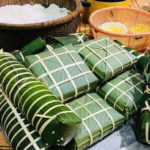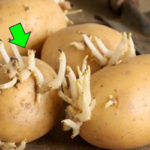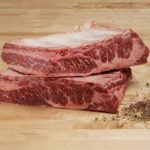What is Aflatoxin?
Aflatoxin is a mycotoxin, a toxic substance produced by certain molds that can grow on food. Aflatoxin contamination typically occurs when food, such as corn, peanuts, soybeans, and chili peppers, is stored in warm, humid conditions, promoting mold growth.
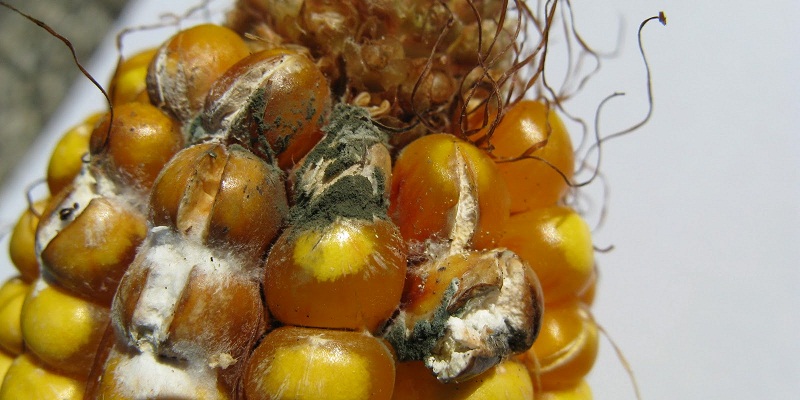
Why do dried chili peppers become contaminated with Aflatoxin?
Chili peppers, along with corn, peanuts, and soybeans, are oil- and protein-rich foods that are particularly susceptible to mold growth and Aflatoxin production. The warm and humid conditions in which these foods are often stored create an ideal environment for the growth of toxic molds.
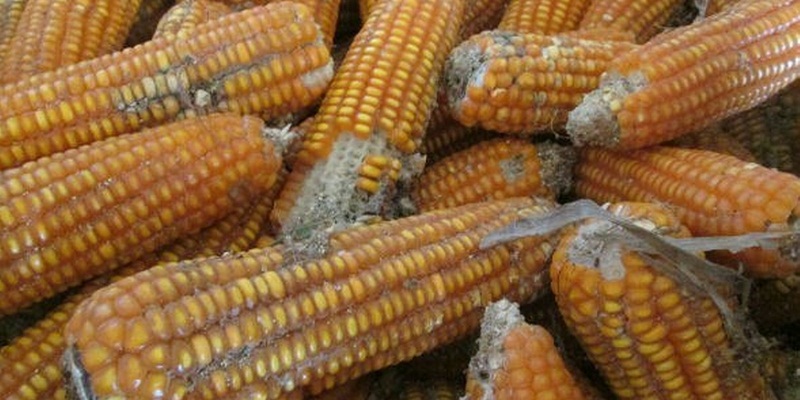
The dangers of consuming Aflatoxin-contaminated chili peppers
Aflatoxin poisoning can be acute, leading to rapid death, but this is rare. More commonly, chronic, low-level exposure to Aflatoxin occurs, which may not cause immediate discomfort but can have severe long-term effects on multiple organs, especially the liver, stomach, and intestines. Prolonged exposure increases the risk of cancer, particularly liver cancer.
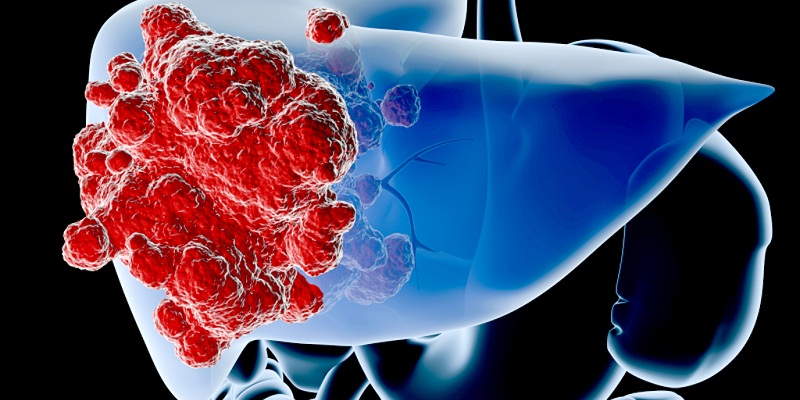
How to protect your health when consuming dried chili peppers
Drying chili peppers in the sun can help reduce mold and spores, but it is not 100% effective. To ensure the safety of dried chili peppers, they should be dried according to standard practices and stored under controlled temperature and environmental conditions. Reputable manufacturers will package their products carefully and provide clear use-by dates.
It is important to note that Aflatoxin is not destroyed by high temperatures. Therefore, if mold is detected on any food item, it should be discarded immediately, without attempting to wash, cook, or reuse it.
Keep your family safe by learning how to spot and avoid contaminated chili peppers. Your health is precious – protect it by becoming a wise consumer!
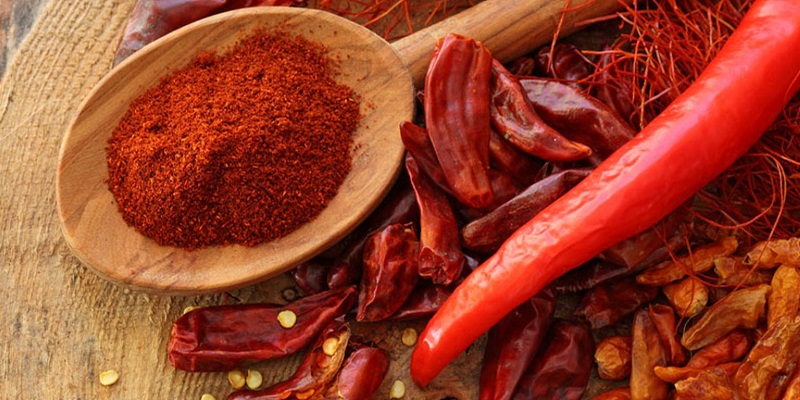
Take charge of your health and that of your loved ones by making informed choices. For more insightful tips on food safety, keep reading our website.
For further reading:
Reference: Nguyên Hà
8 Common Mistakes People Make with Cutting Boards
Are you using your cutting board correctly? Many Vietnamese households rely on cutting boards in their kitchen, but not everyone knows how to use them properly, especially when it comes to wooden cutting boards. Check out these 8 mistakes to avoid when using a cutting board to ensure both hygiene and safety for everyone in your family.
Is Refrigerated Leftovers Linked to an Increased Risk of Cancer?
Dr. Lam Van Man, Head of Research, Development and Technology Transfer Department of the Institute of Safety Food, has warned of the risk of food poisoning when reheating leftovers from the refrigerator. But what should we be aware of when it comes to the possibility of these leftovers causing cancer? Here, we explore what the experts have to say on the matter and offer some tips for safe eating.
Preserving Leftover Food from the Tet Holiday
With the beginning of the Lunar New Year, many households are stocking up on food to celebrate the festive occasion. While keeping food in the refrigerator is convenient, it can also be harmful to users if not done correctly. We have compiled a few tips to help ensure food remains fresh and safe to consume during Tet.


























